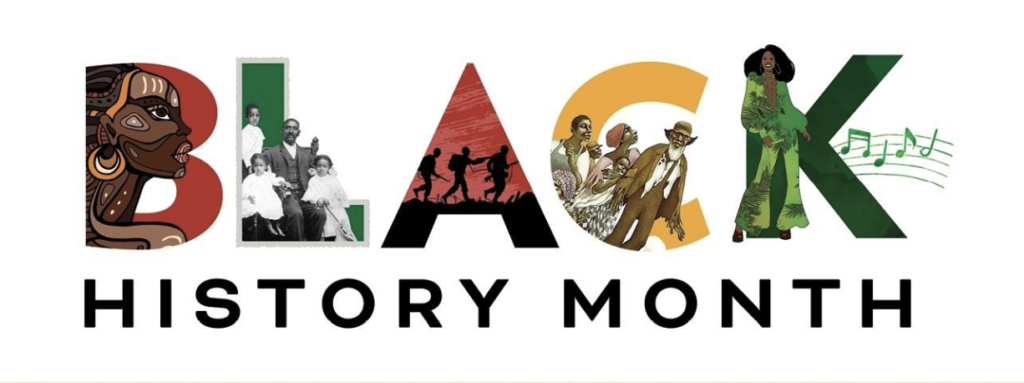Why do we celebrate African-American (Black) History month in February?
In 1915, Harvard-educated historian Carter G. Woodson and minister Jesse Moorland founded what’s now known as the Association for the Study of African American Life and History. That organization established Negro History Week in 1926, which strived to inspire schools and communities to organize local celebrations and host performances and lectures. Negro History Week was the second week of February to coincide with the birthdays of Abraham Lincoln and Frederick Douglass. President Lincoln, of course, was the 16th U.S. president and paved the way for the abolition of slavery with his Emancipation Proclamation. Douglass was an escaped slave turned activist and author, and a prominent leader in the abolitionist movement to end slavery. The civil rights movement of the 1960s helped elevate Negro History Week to national prominence…and turn it into a month-long celebration. As a result, in 1976, President Gerald Ford made things official, proclaiming February to be Black History Month.

Thank you, John Richard for providing this blog, which is based on the writings of Michaele Charles
